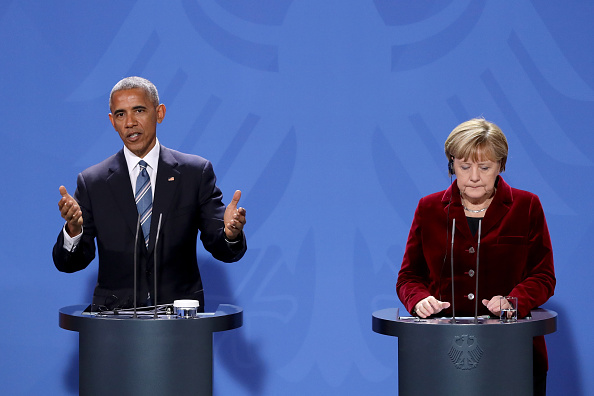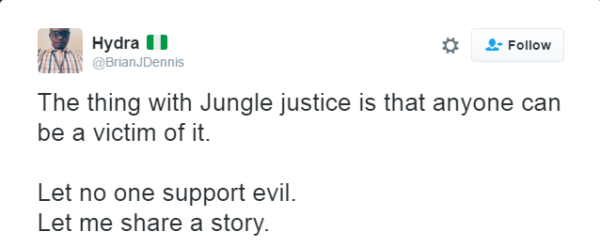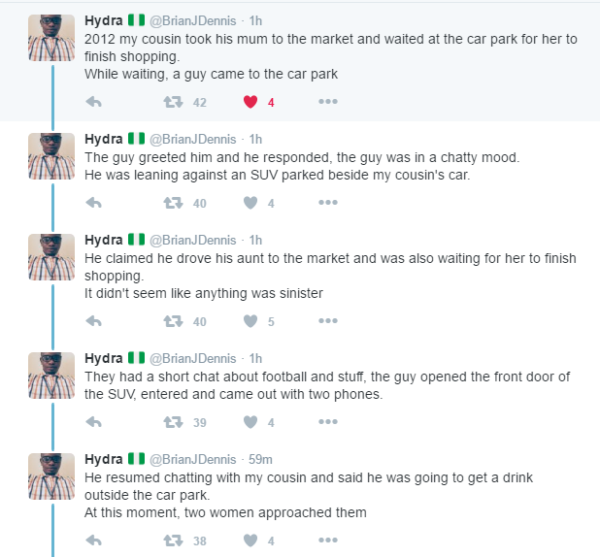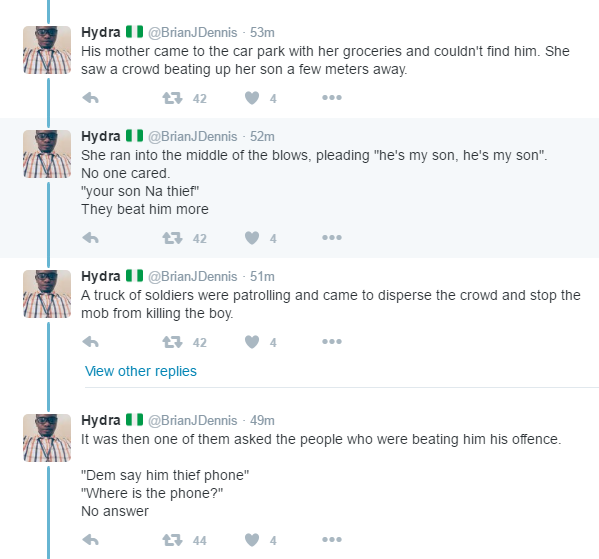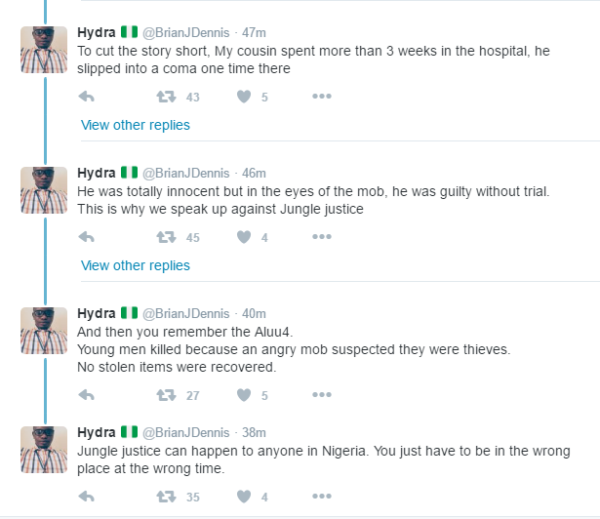This corporation, which has defied every serious effort at reform, has been at the heart of our hopes and miseries for decades.

BY AZU ISHIEKWENENOV 17, 2016
In Anthony Sampson’s bestseller, The Seven Sisters, sleaze and oil go hand-in-hand. If there was a Nigerian version of that book, not only will sleaze and oil go hand-in-hand, they’ll be inseparable bedmates and incompetence their guardian angel.
NNPC will be their nest.
This corporation, which has defied every serious effort at reform, has been at the heart of our hopes and miseries for decades.
Its place in our lives is so important that, in the last 16 years, two presidents – Olusegun Obasanjo and Muhammadu Buhari – decided to supervise it directly, regardless of public criticism.
Obasanjo couldn’t quite tame the beast, and whatever little success he achieved has unraveled. That’s really an understatement for what happened in the years after.
Between 2010 and 2015, Nigeria earned about N51trillion from oil, but that was also the time when the Jonathan government transferred vital oil assets to local gangs and left the Petroleum Resources minister, Diezani Alison-Madueke, to manage them.
While Jonathan held her bag, Diezani shared trillions of naira among politicians, mostly those of her party, the Peoples Democratic Party, brokered sweetheart oil swap deals and made sure NNPC was the ATM of the ruling party.
I’m told that one of the main reasons why Buhari decided to hold the ministerial portfolio was to restore confidence in oil majors who, due to their recent experiences, had vowed not to dine with any minister, even with a long spoon.
Before Buhari’s inauguration, Shell, Total, Agip, Chevron and ConocoPhillips offloaded assets valued at $11.5billion, partly because of the fall in oil prices, but mainly because of the monster of corruption, which they also helped to feed over the years.
That’s part of the legacy that President Buhari’s government wants to change. But the news from the NNPC indicates that the beast is still alive and well.
If Buhari hoped to turn things around by directly supervising NNPC, that’s clearly not working. Where his experience and good intention might have made a difference, the place has been undone by poor, inconsistent and unimaginative appointments.
Buhari’s first mistake was to give in to pressure from those who wanted him to kick Ibe Kachikwu upstairs. The argument that he was combining two offices – GMD and minister of state – and that an “outsider” couldn’t fix the place were largely self-serving.
The lobbyists, mostly insiders who felt threatened, wanted Kachikwu out of the way. He is not completely out of the way yet since he’s still the junior minister and chairman of the NNPC Board. But let’s face it, the way things stand today, the man is just a piece of furniture. He’s not in charge.
If Kachikwu still has any illusions, the unilateral appointments made this week by the GMD, Maikanti Baru, should settle the matter. Baru reversed virtually all the appointments made by Kachikwu six months ago and left his boss to find out what had happened in his backyard from newspapers.
Kachikwu, who is supposed to be junior minister and chairman of the NNPC Board, had no idea of what was coming, when or why.
Baru may argue till the next super moon that he had only good intentions, but that’s the paving stone on the road to hell. How can he possibly defend making such large scale changes behind the back of his immediate boss and the board?
The clandestine way the changes were made has already invited needless suspicions of an ethnic agenda. Out of 108 appointments, for example, 31 (or nearly 34 per cent) are from the North West, his zone.
The South South comes second with 20; the North East and South West come next with 17 each; the North Central, 16, and the South East, 7.
In Nigeria’s ethnically charged math, Baru’s changes work out to 64 appointments for the North and 44 for the South. And he passed over the head of his Southern boss to get approval.
For an administration that has been frequently accused of favouring a section of the country, it should find these changes worrisome.
Insiders in Baru’s office have denied any ethnic motive. They have denied that this was partly vendetta against a few among whom Garbadeen Muhammad, former president of the Nigerian Guild of Editors and Kachikwu appointee, is the poster victim.
But the question is, why were the changes done behind the back of the junior minister and the board? And why is the announcement coming 24 hours before the inauguration of the board?
I don’t know how much longer he is willing to put up with being kicked around, but this is clearly Kachikwu’s moment of truth.
If he can be moved to a largely ceremonial position without a reason; if NNPC’s pump price changes can be made without his knowledge, and if appointments can be made in a ministry that he supervises without his input, then he needs to ask himself if he still has a job.
The real elephant in the room is Buhari approving the changes before Kachikwu found out. It’s yet another sad chapter in the greasy tale of the NNPC, a beast that apparently consumes the reform and the reformer.
For over 12 hours on Wednesday, traffic on the Lagos-Ibadan Expressway, arguably Nigeria’s busiest gateway, was at a standstill.
Multiple accidents at the Berger end of the road, including a tanker fire, had made the road hell for commuters for whom the ongoing road repair was already enough trouble.
Wednesday’s tanker fire, probably the 99th in the last one year, will not be the last. And this is despite the best efforts of the Federal Road Safety Commission to prevent it.
What can the commission do with only six 70-ton tanker rescue trucks provided by the World Bank, each valued at over N210m at current market prices?
If the government is unwilling or unable to invest in rescue equipment, the commission may wish to consider pressing for a drastic review of the insurance cost on tankers, which is currently around N800,000.
If the owners pay more from their pockets, they’ll think twice about the quality of drivers and vehicles they put on the roads.
And who knows, we just might have less risk to public health and safety from blazing tankers.
Ishiekwene is the Managing Director/Editor-In-Chief of The Interview and member of the board of the Global Editors Network.
 NNPC station in AbujaSahara Reporters Media
NNPC station in AbujaSahara Reporters Media
(adsbygoogle = window.adsbygoogle || []).push({})
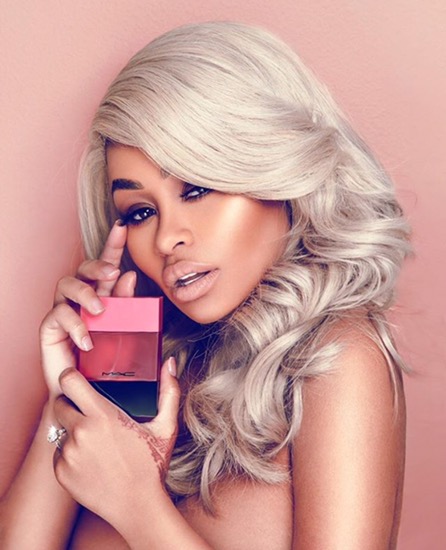 From stripper to a Kardashian to a reality TV star and now a MAC ambassador…Blac Chyna is not here to play!
From stripper to a Kardashian to a reality TV star and now a MAC ambassador…Blac Chyna is not here to play!







